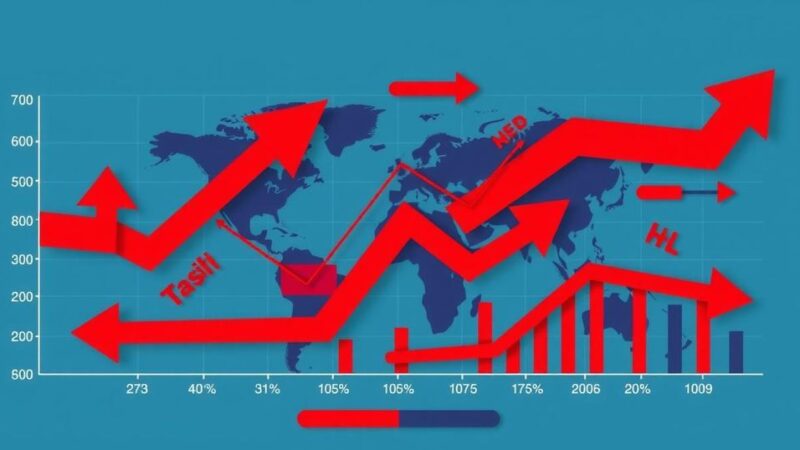The article emphasizes the critical need for Nigeria to conduct a national population census in 2025, led by President Bola Tinubu’s administration. Current population estimates are unverified, highlighting the importance of accurate data for effective planning in various sectors. The NPC outlines significant benefits of census data, including economic planning and social service improvements. The article details the modernization of census methods, funding challenges, and the urgency to avoid political interference around election time.
The necessity of conducting a national population census in Nigeria by 2025 has been underscored by President Bola Tinubu, emphasizing that comprehensive data is essential for effective state planning in employment, agriculture, and food security. Current estimates regarding Nigeria’s population, purportedly 220 million, lack substantiation. Historically, the first census in Nigeria occurred in 1866, with subsequent censuses held at regular intervals, the latest being in 2006.
The National Population Commission (NPC) highlights numerous benefits of a national census, including developing an accurate economic outlook, assisting in the identification of special populations needing support, and enabling planning for educational programs. Furthermore, census data can guide business forecasting and aid governmental planning related to disaster recovery, healthcare needs, and security management.
Additionally, census data plays a critical role in informing government policy and resource allocation, especially concerning infrastructure development to enhance social services. This demographic insight is vital for meeting the needs of diverse populations across the nation and supporting the implementation of relevant policies.
President Tinubu has shown considerable interest in reviving the national population census after a prolonged gap, indicating plans for integrating biometric and digital features. This modern approach is vital as it promises more accurate and reliable data capture, reflecting the current realities of the country’s demographics. A proposed committee is tasked with aligning the census budget with financial constraints while collaborating with the National Identity Management Commission to ensure a comprehensive data-gathering process.
Minister of Budget and Economic Planning, Senator Abubakar Bagudu, reiterated the significance of the census for future government planning and distribution of resources. Reports indicate that acquiring technological tools for the census will be pivotal, yet doubts arise regarding the availability of international development assistance, given past funding patterns.
The previous administration had aimed to conduct the census in 2023; however, timing issues hindered this plan. Moving forward with the 2025 census is critical, considering the complications of conducting a census close to an election year, which could affect the credibility and accuracy of the census results.
Despite the significant increase in estimated costs for the upcoming census—rising from N400 billion in 2023 to N942 billion—there are concerns about budget inflation. Delays in conducting the census may further escalate expenses, necessitating a prompt approach. Funding for the census could also be sourced from the federation account, allocating costs across various regional and local government entities. The government’s focus should be on ensuring the census is conducted reliably and credibly, using various resource-efficient strategies, including employing youth corps members as enumerators while maintaining data quality standards.
In conclusion, the urgency for Nigeria to conduct a national population census in 2025 is paramount. With accurate data, the government can better plan and formulate effective policies that reflect the demographics and needs of the populace. The evolving demographic landscape and the integration of technology promise to enhance the accuracy of census data, ultimately facilitating comprehensive national development strategies. Timely execution of the census will not only aid economic planning but also empower social infrastructure and resource allocation.
Original Source: punchng.com






